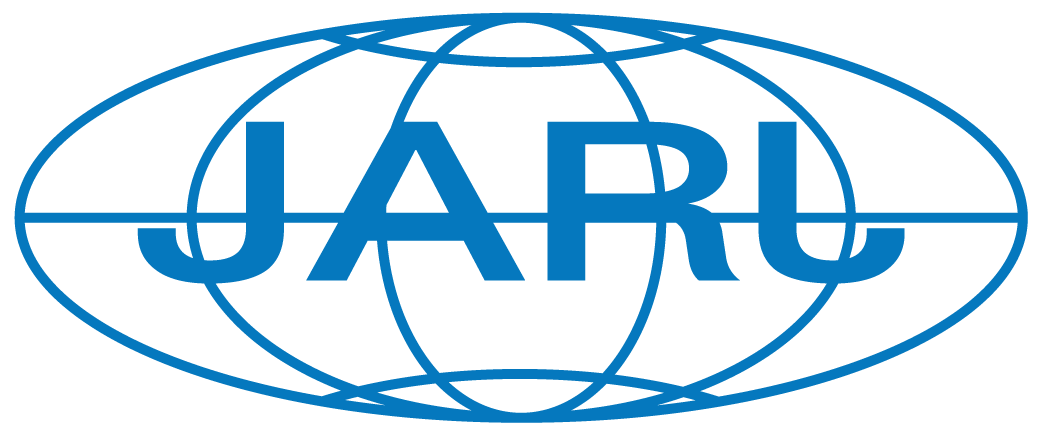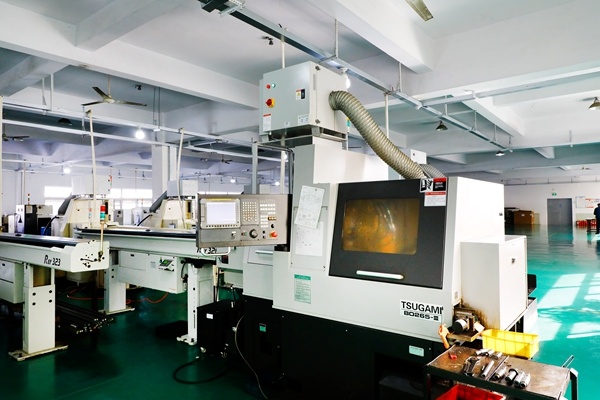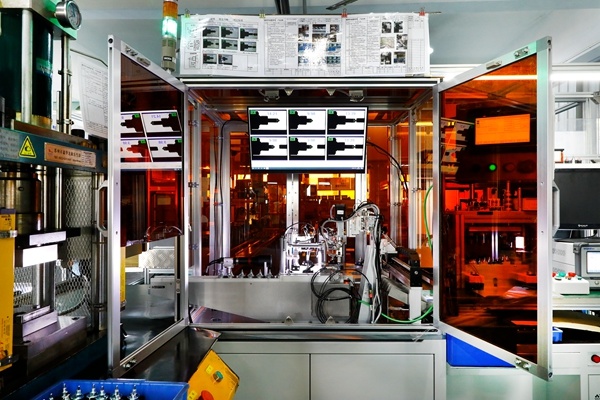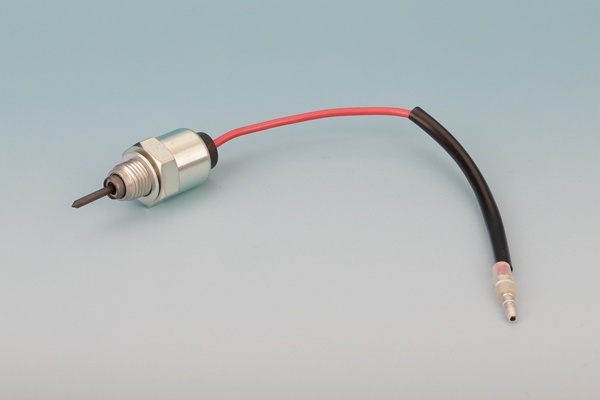Unlocking Precision: The Importance of Precision Parts Processing in Manufacturing
Release Time:
Aug 10,2025
In the manufacturing sector, the term "precision parts processing" refers to the meticulous methods and techniques used to create components with high accuracy and consistency. This process is essential for ensuring that parts meet strict specifications and tolerances, which are critical for the functionality of various machinery and devices. One of the primary methods of precision parts processi
In the manufacturing sector, the term "precision parts processing" refers to the meticulous methods and techniques used to create components with high accuracy and consistency. This process is essential for ensuring that parts meet strict specifications and tolerances, which are critical for the functionality of various machinery and devices.
One of the primary methods of precision parts processing is computer numerical control (CNC) machining. CNC machines utilize computer programming to guide cutting tools, allowing for intricate designs and shapes that would be impossible to achieve manually. This technology not only improves accuracy but also significantly reduces production time, making it a preferred choice for many manufacturers.
Another crucial aspect of precision parts processing is the selection of materials. Different materials exhibit various properties that can affect the performance and durability of the finished product. For example, metals like aluminum and steel are commonly used due to their strength and versatility. Understanding the right material for a specific application plays a significant role in the success of the manufacturing process.
Quality control is also paramount in precision parts processing. Manufacturers often implement rigorous inspection and testing protocols to ensure that every component meets the required standards. This might include dimensional inspections, surface finish evaluations, and functional tests. By prioritizing quality, manufacturers can minimize defects and enhance the reliability of their products, which is essential in sectors where safety and performance are critical.
Additionally, advancements in technology such as additive manufacturing and 3D printing are transforming the landscape of precision parts processing. These innovations allow for the production of complex geometries that were previously challenging to manufacture using traditional methods. They also enable rapid prototyping, which can significantly speed up the product development cycle.
Collaboration between engineers, designers, and manufacturers is essential for optimizing precision parts processing. Open communication helps in understanding the specific requirements of a project, allowing for adjustments and improvements in the manufacturing process. This collaborative approach ultimately leads to better outcomes and more efficient production cycles.
In conclusion, precision parts processing is an integral part of the manufacturing industry, ensuring that components are produced with the highest levels of accuracy and quality. By leveraging advanced technologies, selecting appropriate materials, and implementing stringent quality control measures, manufacturers can achieve excellence in their products, catering to the ever-evolving demands of the market.
One of the primary methods of precision parts processing is computer numerical control (CNC) machining. CNC machines utilize computer programming to guide cutting tools, allowing for intricate designs and shapes that would be impossible to achieve manually. This technology not only improves accuracy but also significantly reduces production time, making it a preferred choice for many manufacturers.
Another crucial aspect of precision parts processing is the selection of materials. Different materials exhibit various properties that can affect the performance and durability of the finished product. For example, metals like aluminum and steel are commonly used due to their strength and versatility. Understanding the right material for a specific application plays a significant role in the success of the manufacturing process.
Quality control is also paramount in precision parts processing. Manufacturers often implement rigorous inspection and testing protocols to ensure that every component meets the required standards. This might include dimensional inspections, surface finish evaluations, and functional tests. By prioritizing quality, manufacturers can minimize defects and enhance the reliability of their products, which is essential in sectors where safety and performance are critical.
Additionally, advancements in technology such as additive manufacturing and 3D printing are transforming the landscape of precision parts processing. These innovations allow for the production of complex geometries that were previously challenging to manufacture using traditional methods. They also enable rapid prototyping, which can significantly speed up the product development cycle.
Collaboration between engineers, designers, and manufacturers is essential for optimizing precision parts processing. Open communication helps in understanding the specific requirements of a project, allowing for adjustments and improvements in the manufacturing process. This collaborative approach ultimately leads to better outcomes and more efficient production cycles.
In conclusion, precision parts processing is an integral part of the manufacturing industry, ensuring that components are produced with the highest levels of accuracy and quality. By leveraging advanced technologies, selecting appropriate materials, and implementing stringent quality control measures, manufacturers can achieve excellence in their products, catering to the ever-evolving demands of the market.




